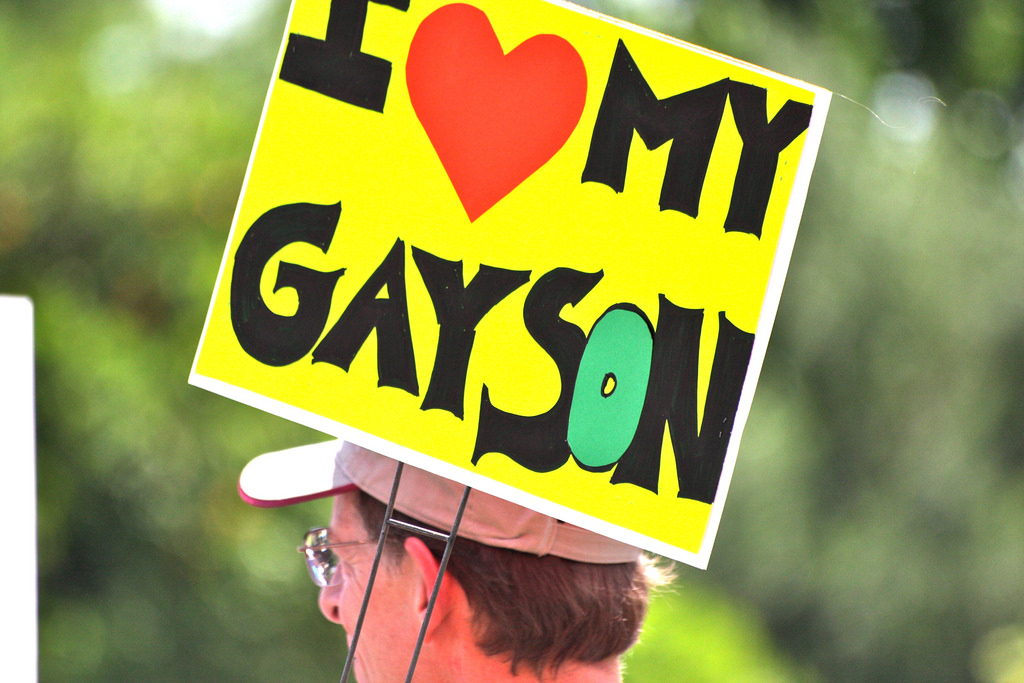In 2016, Shahmir Sanni volunteered with the Vote Leave campaign, which was aiming to convince British voters to leave the European Union. He was unusual amongst his university peers for being a Euroskeptic, and the campaign seemed keen to showcase him because a lot of Black and minority ethnic campaigners were on the other side of the Brexit fence. He could reach BME voters in a way that white, arguably racist people like Boris Johnson could not dream of.
Sanni could also relate to younger voters, which led to the Vote Leave campaigners to ask him to help with a youth group they were setting up, a progressive group aimed at attracting young, liberal adults, called BeLeave. When a potential donor wanted to contribute to the campaign, Sanni and his colleague Darren Grimes wrote a proposal document, after which the campaign’s lawyer suggested that the only way for BeLeave to receive financial donations was to set up as a separate organisation.
Grimes and Sanni did exactly that.
However, there was no donor (at least no money came their way) until ten days before the referendum. At this point, the Vote Leave campaign was concerned that it was about to hit its spending limit of £7 million when it received an unexpected £1 million donation. Some are now accusing Vote Leave of protecting itself from being seen to have spent too much money, because an eventual £700,000 (sometimes reported as £675,000) was made to BeLeave instead.
Sanni and Grimes were overjoyed that they could make so much difference to their efforts with such a huge sum of money.
However, as time passed, Sanni started to question the ethics of the donation. Had it been done to get around the stringent spending limits that electoral law imposes? £7 million was the limit for the campaign, but separate, unconnected groups can spend an additional £700,000 and not break the rules.
The question for Sanni was whether the groups Vote Leave and BeLeave were unconnected, and he believed they were not. Grimes started to be investigated by the Electoral Commission and was panicking. Sanni spoke to journalist Carole Cadwalladr a number of times before daring to blow the whistle on what he had seen and done. He finally braved it and, last weekend, as part of significant coverage related to Cambridge Analytica and wider campaigns, Sanni’s words were heard.
Outed
Sanni was afraid for his reputation and his job. But, in response to his allegations, the Political Secretary to the Prime Minister, Stephen Parkinson, outed him as gay. Sanni told breakfast television that “the only reason this was brought to light was to make it look like it was a vendetta” and that, in response to the outing he had had to come out to his mum and his sisters. He also feared that it put his extended family in Pakistan at risk, concerns that Labour MPs brought up with the Prime Minister; she dismissed their concerns, putting Parkinson’s words down to a personal message, not a political statement.
Parkinson and Sanni had been in a relationship, so Parkinson knew that his ex was not out to his family. He knew that this could tear Sanni’s life apart, and he outed him despite all of this. Or because of it?
Nobody should ever out anybody against their will. A government should certainly have no involvement in such a thing. But Sanni was outed and forced to deal with conversations that should have happened at the time of his choosing, not somebody else’s.
Coming out is hard. By the time I told my parents I was gay, I had seen several friends lose their family and friends because of their sexuality. 20 years on, I know more LGBT+ people who were disowned or abandoned than ever and, even in 2018 when we’re all about rainbows and Pride marches and visibility, this is still not an easy decision for anybody to have to make. I’ve known someone whose parents had gay friends but rejected their bisexual son. I’ve known trans friends in particular lose access to their entire families when they dared to speak their truth. I’ve known friends whose supportive mums have pleaded with their children to not come out to their dads. This is why we still meet, often in secret. This is why we still need community support and activism.
Coming out can also be dangerous. You don’t have to have family in the other side of the world for being openly gay, bi or trans to risk violence, abuse or harassment in the UK and Europe and the US. But, in countries like Pakistan, where LGBT women can face honour killings and LGBT men can be attacked and vilified, there are particular concerns and this is what Sanni’s own worries were about. His mum accepted him, gay and all, but his extended family have had to put security procedures in place just in case somebody doesn’t like what they hear about their uncle, cousin, nephew.
It is not just Stephen Parkinson who has done this, of course. Many a newspaper has forced a celebrity out before they were ready, and even gay campaign groups like Outrage! in the 90s would out politicians and clergy who they felt were being hypocritical in how they voted or what they preached about.
That, too, was not ok.
It should go without saying that LGBTQ people need to make their own choices about who they tell about their gender and sexuality, when they tell them and how they tell them. Nobody else should add pressure to this decision, and it is a tough one even when you expect people to react well. For a government official to be involved in this is absolutely scandalous, and Theresa May must take appropriate action, rather than write off her opposition’s concerns as irrelevant.
Photo: Kevin Dooley/Creative Commons

